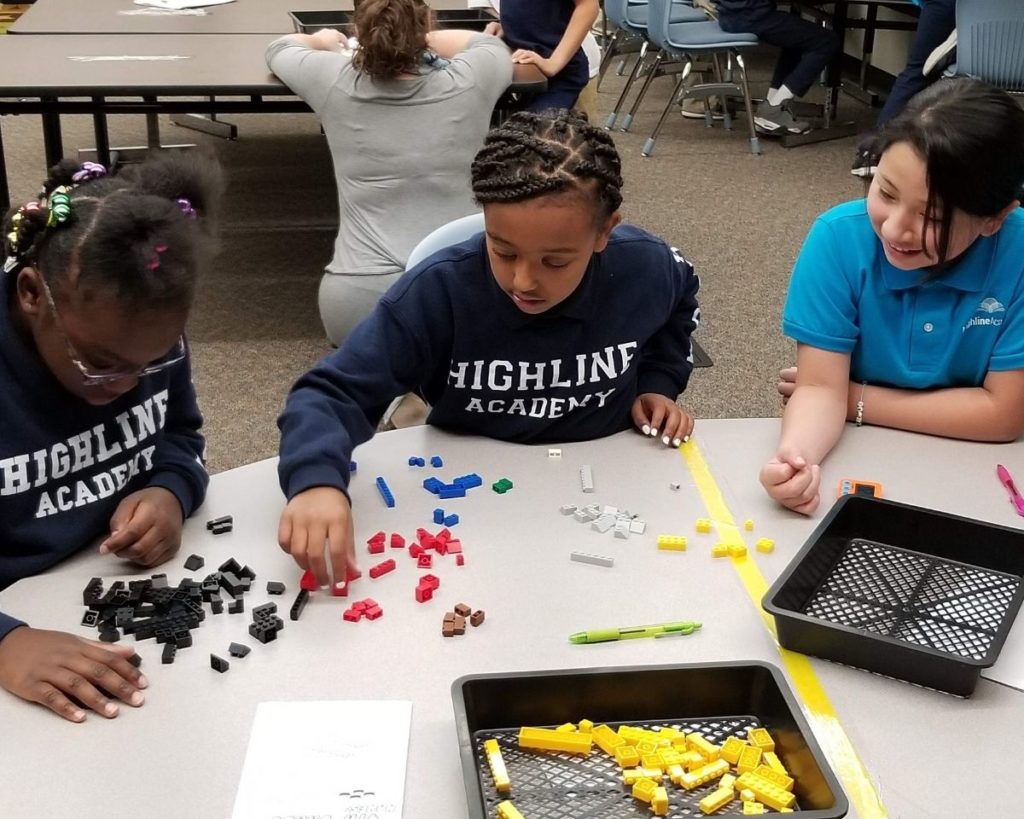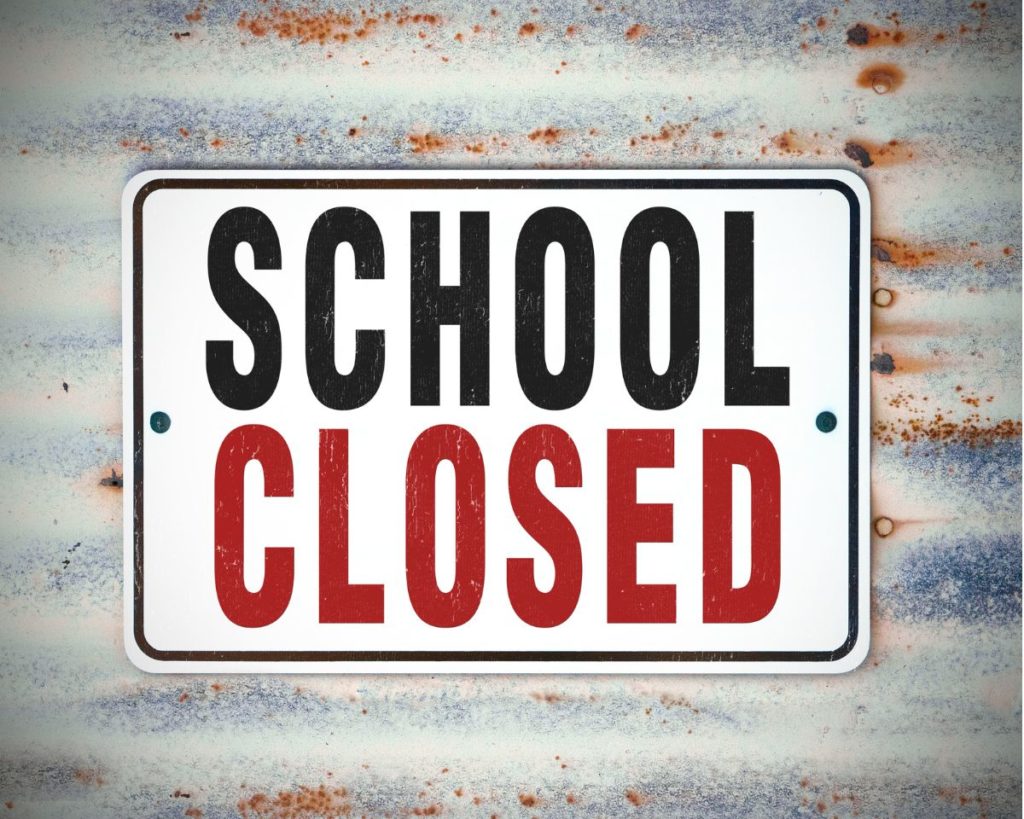Give the Denver Public Schools board credit for approving contract renewals for 16 public charter schools last week. Unfortunately, a couple of board members cast their votes while spreading misinformation.
Some board members have made it clear that they oppose all but a select few charter schools on principle, but from a political perspective they had no choice but to approve these extensions.
Why? Because Superintendent Alex Marrero, with a fresh contract extension bestowed by this new board in his hip pocket, endorsed his staff recommendations for renewals, and urged the board to follow suit.
Over the last several years, Denver Public Schools’ charter authorizing processes have become a national model for rigor and fairness. Teams of professional staff conduct in-depth site visits and data analyses before issuing recommendations. These aren’t pro-charter zealots. They’re well trained expert observers.
Ask any charter school leader about how rigorous the reauthorization process is. It is tough, time-consuming and, one hopes, beneficial to the schools as well as students and the district as a whole.
Several charters that have struggled were put on notice. They received two-year renewals, which require them to go through the arduous process from scratch again beginning late next year. That’s a good thing.
Poorly performing charter schools should be given a fair chance to improve and, if they fail to do so, should be non-renewed. They serve no constructive purpose if they aren’t providing their students with a strong education.
So what were even the most anti-charter board members to do once Marrero endorsed the recommendations? Swallow hard and vote yes.
Newly minted board President Xóchitl “Sochi” Gaytán cast the lone dissenting vote. Here’s a bit of what she said, followed by some fact-checking:
“I see this long list of charter renewals, and almost half of the list is from the corporatized charter networks that have been allowed by prior board members to siphon away a certain percentage of students within the district-run neighborhood public schools. They have taken in private grant funding, and also received the PPP (federal government Covid relief) funding with limited accountability to support the financial needs of our district.”
This “charters siphon kids from our neighborhood schools” trope is old, and has been thoroughly discredited. It also reeks of paternalistic elitism, suggesting that parents should willingly forgo any options other than the school closest to their home, all in the name of some kind of undefined solidarity with the truly corporatized bureaucracy of a major urban school district.
Let’s review some data to show how Gaytán, whether knowingly or not, is warping the truth.
Since 2016, overall DPS elementary and K-8 enrollment declined by about 6,000 students. During this time, charters increased by 400 students, explaining 7 percent of the district’s decline.
Also, over the last five years, the number of K-12 private school students in Denver declined from 8,560 to 6,104, suggesting declining student populations are the primary driver for lower district enrollment, not people choosing other options.
Further, 52 percent of Denver families choose other than their neighborhood school for their children. More students attend a different district-run school (33,000) than a charter (18,000).
And, as a kicker, students of color choose other than their neighborhood school at a rate higher than their white peers. This is a huge equity issue, because affluent white families exercise choice by purchasing homes in high-income neighborhoods, which also happens to be where the highest-performing schools reside. Lower-income families don’t have that choice avenue open to them.
So who gets hurt most by the drive to limit choice? The very people whose interests Gaytán professes to champion.
On a related topic, board Vice President Tay Anderson explained his reluctant yes vote in a blog post, while complaining about a pressure campaign on board members by charter networks and their supporters, and asserting that it was perhaps illegal.
This specious trial balloon was punctured by Alex Medler, director of the Colorado Association of Charter School Authorizers. Medler pointed out that Anderson was both misinterpreting a State Board of Education rule and referring to the rule as if it were part of the state’s charter school act. The rule Anderson refers to – 3.06 (B) (2) – is not in the law itself, and citing it as if it were, is, to be charitable, sloppy.
Also, a rule saying that charter authorizers should not make decisions “on the basis of political or community pressure” in no way suggests that individuals or groups should not apply pressure. It sounds as though Anderson wishes the rule said this, thereby stifling speech he doesn’t like.
Pressure campaigns might make politicians uncomfortable, but it’s part of the job. “While organizing by people supporting charters or opposing charters may increase the amount of input, and create political pressures,” Medler said, “best practices in authorizing include ways to manage and incorporate input.”




